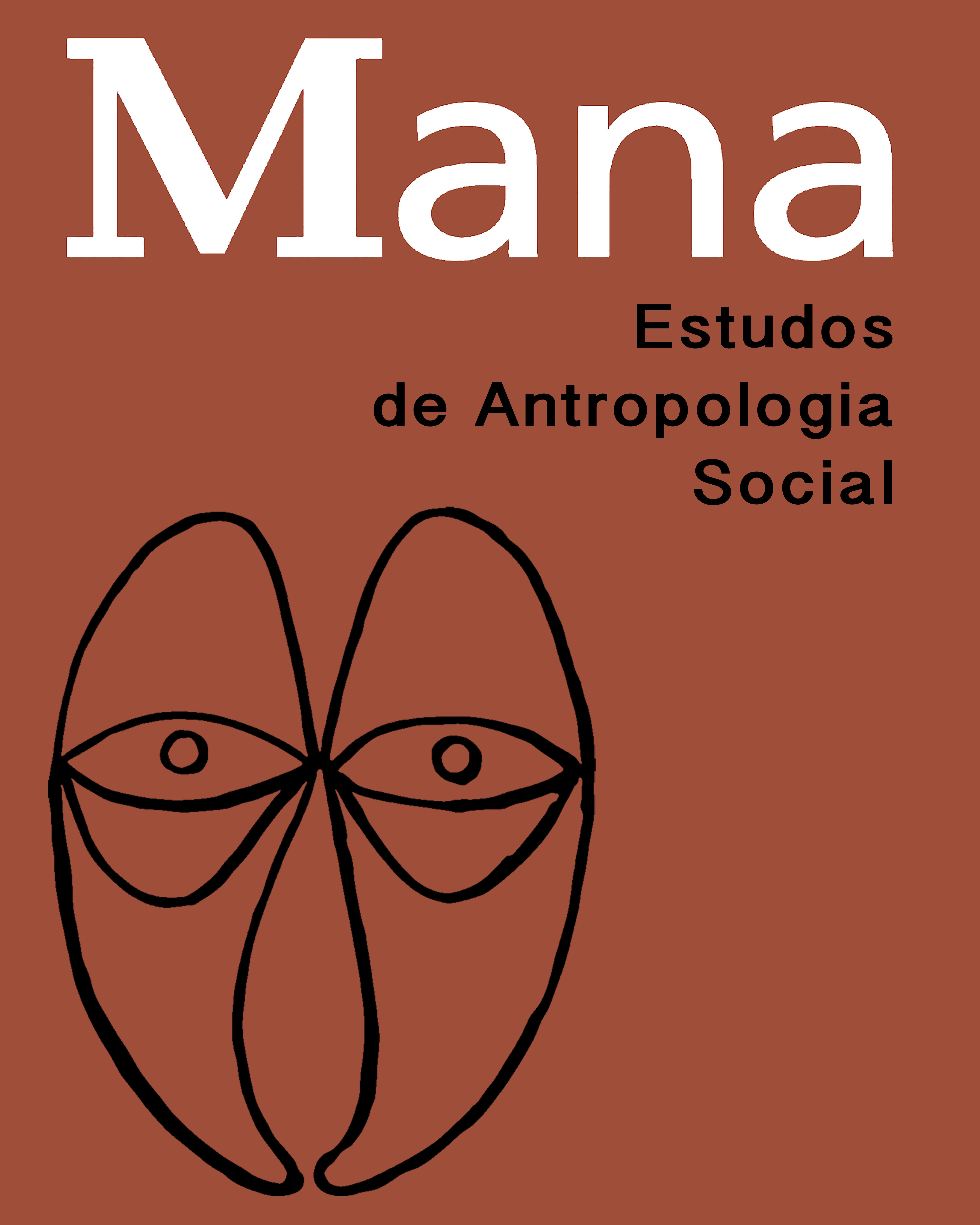This article proceeds from the hypothesis that a plurality of social scenes exist in which individuals interact and individual actions acquire meaning. Each social scene corresponds to different practical rationalities. Examining the practices involved in measuring and counting allows us to distinguish these scenes and comprehend how they are mutually interconnected. As a demonstration of the diversity of native reasoning, the article first turns to the wide variety of units of measurement used by amateur horticulturists. Next, it examines the ritual settings of various transactions and shows that the rational consumer in the sense expounded by utilitarian theory need not rely on any explicit calculation, since the ascetic ethos can be found inscribed in body routines. In conclusion, the article calls for a systematic study of economic socialization and outlines three leads for such research: description of the diversity of social scenes, analysis of the ritual settings of transactions, and study of the perceptions of constraints and the practices of self-control among the various social classes. The author suggests such an approach may enable us to define domains of validity for the mathematical formalizations of human behaviours developed by economists.
Rationality; Economy; Calculation; Social Scene
